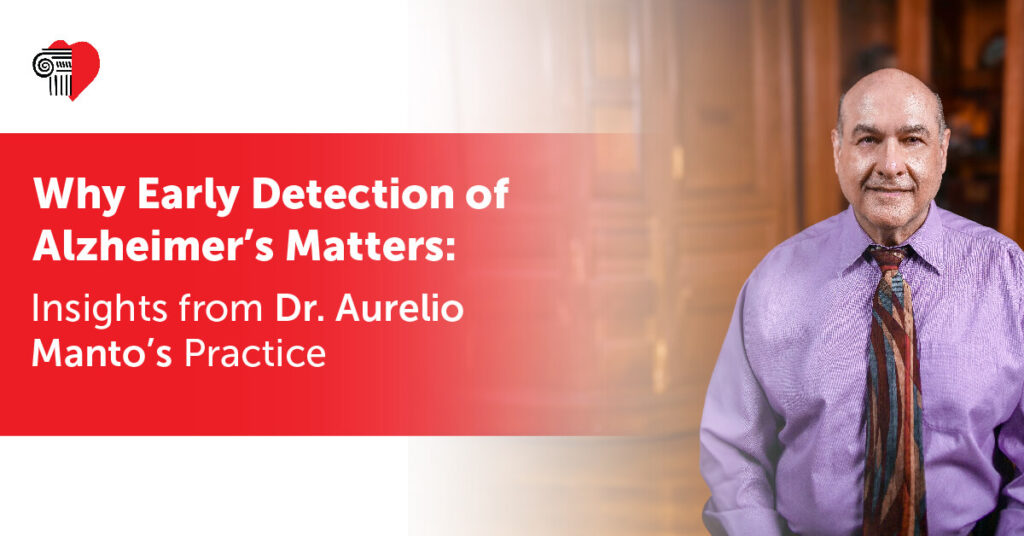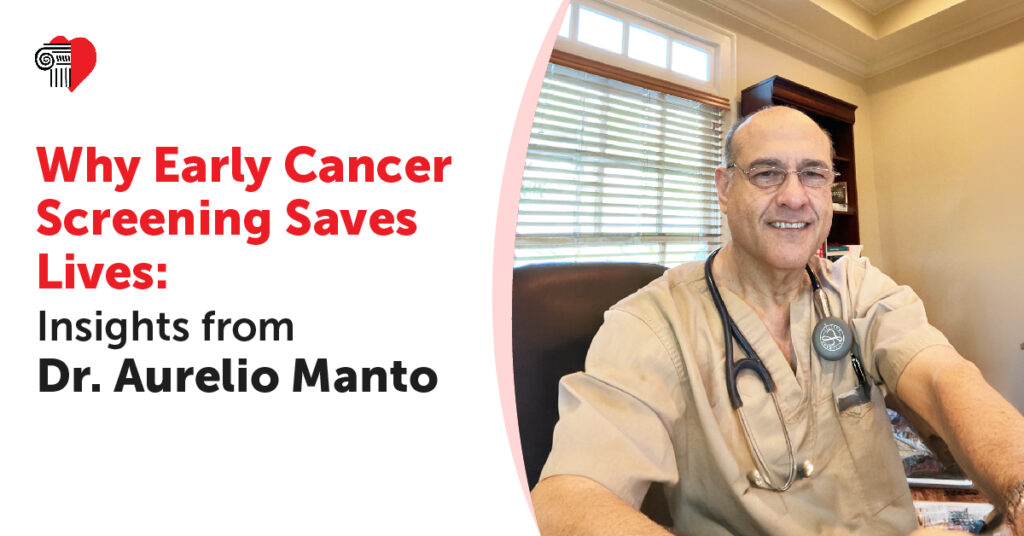Prioritizing the 5 M’s of Geriatrics
Aging is a natural journey that brings unique challenges and opportunities. As we age, our healthcare needs evolve, requiring specialized care to address physical, mental, and emotional well-being. This is where geriatrics steps in, focusing on the natural needs of older adults. A geriatrician, a physician specializing in geriatrics, plays a vital role in ensuring seniors lead fulfilling, healthy lives. For residents of Athens, GA, having access to a trusted geriatrician is crucial to achieving these goals. In this blog, we delve into the cornerstone of geriatric care—the 5 M’s of Geriatrics—and how they guide effective and compassionate senior care. What Are the 5 M’s of Geriatrics? The 5 M’s of Geriatrics represent a framework that ensures older adults receive care tailored to their unique needs. These five pillars are Mobility, Mind, Medications, Multicomplexity, and What Matters Most. Each “M” addresses a critical aspect of geriatric care, ensuring a comprehensive approach to senior health. Let’s explore each of these in detail. 1. Mobility: Keeping Seniors Active and Independent Mobility is a fundamental component of a senior’s quality of life. It encompasses physical movement, balance, and the ability to perform daily activities independently. A decline in mobility can lead to falls, injuries, and reduced independence—common concerns for older adults. Geriatricians in Athens, GA, emphasize the importance of mobility assessments as part of routine care. Physical therapy, exercise programs, and mobility aids can help seniors maintain strength and prevent falls. By addressing mobility early, geriatricians empower patients to stay active, confident, and engaged in their communities. 2. Mind: Supporting Cognitive and Emotional Health Aging often brings cognitive and emotional changes, making mental health a critical aspect of geriatric care. The “Mind” in the 5 M’s focuses on memory, cognition, mood, and overall mental well-being. Conditions like dementia, depression, and anxiety are prevalent among older adults. Geriatricians employ screenings and assessments to detect cognitive changes early, enabling timely interventions. In Athens, GA, patients benefit from personalized care plans that may include counseling, medications, or community resources to support mental health. By prioritizing the “Mind,” geriatricians ensure that seniors not only live longer but also enjoy a higher quality of life. 3. Medications: Ensuring Safe and Effective Treatments Medications are a double-edged sword for older adults. While they treat various conditions, they can also cause side effects or interactions when not managed carefully. Polypharmacy, involving the simultaneous use of multiple medications, presents a significant challenge in geriatric care. Geriatricians meticulously review their patients’ medications, considering factors such as dosages, potential interactions, and necessity. Simplifying medication regimens and discontinuing unnecessary drugs can significantly reduce the risk of adverse effects. In Athens, GA, geriatricians work closely with pharmacists to ensure that patients receive safe and effective treatments tailored to their individual needs. 4. Multicomplexity: Managing Multiple Health Conditions Many older adults face multiple chronic conditions, such as diabetes, heart disease, and arthritis. Multicomplexity refers to the intricate interplay of these conditions and how they affect overall health. Geriatric care involves a natural approach to managing multicomplexity. Rather than focusing on individual diseases, geriatricians assess how these conditions interact and impact the patient’s daily life. By coordinating care among specialists and creating personalized management plans, geriatricians in Athens ensure that seniors receive comprehensive and coordinated care. This approach reduces hospitalizations and improves overall well-being. 5. What Matters Most: Prioritizing Patient-Centered Care At the heart of the 5 M’s is “What Matters Most,” a principle that emphasizes understanding and respecting the patient’s goals, values, and preferences. Every senior has unique priorities—whether it’s spending time with family, maintaining independence, or managing pain. Geriatricians take the time to have meaningful conversations with their patients to understand what truly matters to them. This patient-centered approach ensures that care plans align with their values and enhance their quality of life. For seniors in Athens, GA, this personalized care fosters trust and collaboration between patients and their healthcare providers. The Role of a Geriatrician in Athens, GA Geriatricians are specialists trained to navigate the complexities of aging. They provide comprehensive care that addresses physical, cognitive, and emotional health, ensuring that seniors receive the support they need. In Athens, GA, geriatricians are instrumental in helping older adults and their families navigate the aging process with confidence. Why the 5 M’s Matter The 5 M’s of Geriatrics serve as a guiding framework for effective senior care. By focusing on Mobility, Mind, Medications, Multicomplexity, and What Matters Most, geriatricians provide natural and patient-centered care. This approach not only improves health outcomes but also enhances the overall well-being of older adults. How to Access Geriatric Care in Athens, GA If you or a loved one is seeking specialized care, connecting with a trusted geriatrician in Athens, GA, is a crucial step. They can guide you through the complexities of aging, offering tailored solutions that prioritize your unique needs and goals. Conclusion Aging gracefully requires proactive and comprehensive care. The 5 M’s of Geriatrics provide a roadmap for addressing the multifaceted needs of older adults, ensuring that they lead fulfilling and independent lives. Whether you’re navigating mobility challenges, cognitive changes, or managing multiple health conditions, a geriatrician in Athens, GA, can make all the difference. By prioritizing what truly matters most, geriatrics empowers seniors to live their best lives with dignity and purpose.
Prioritizing the 5 M’s of Geriatrics Read More »











